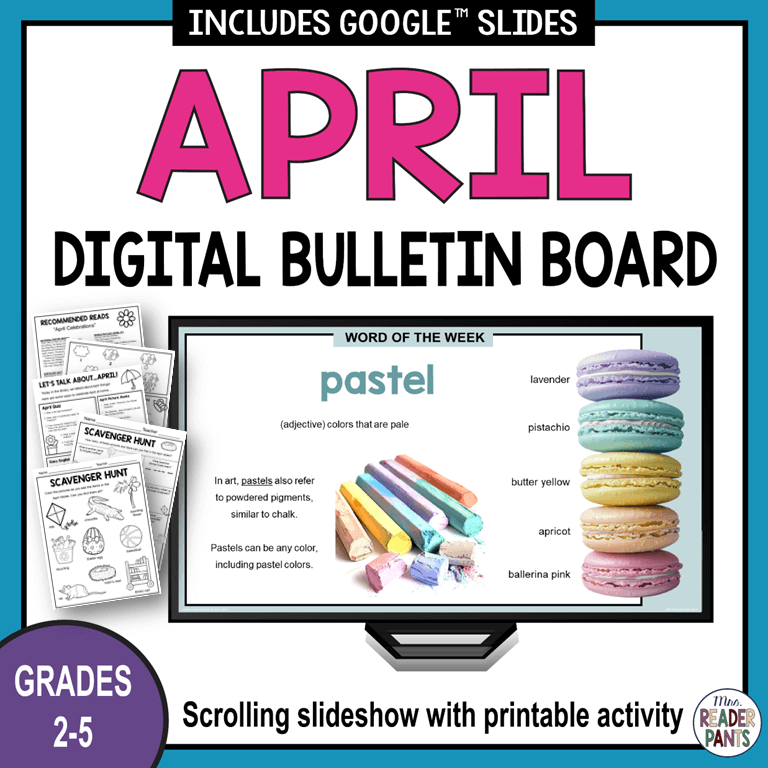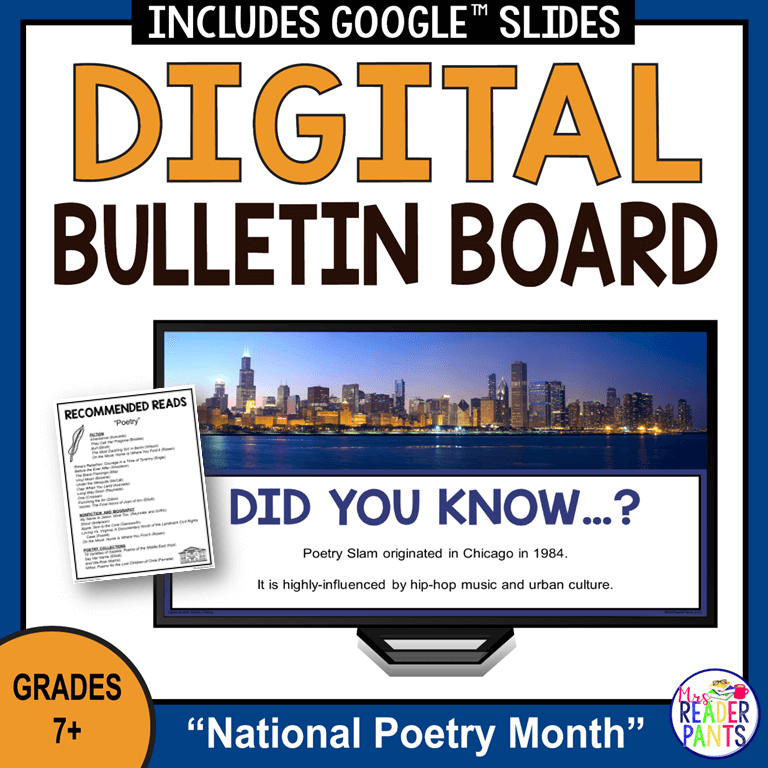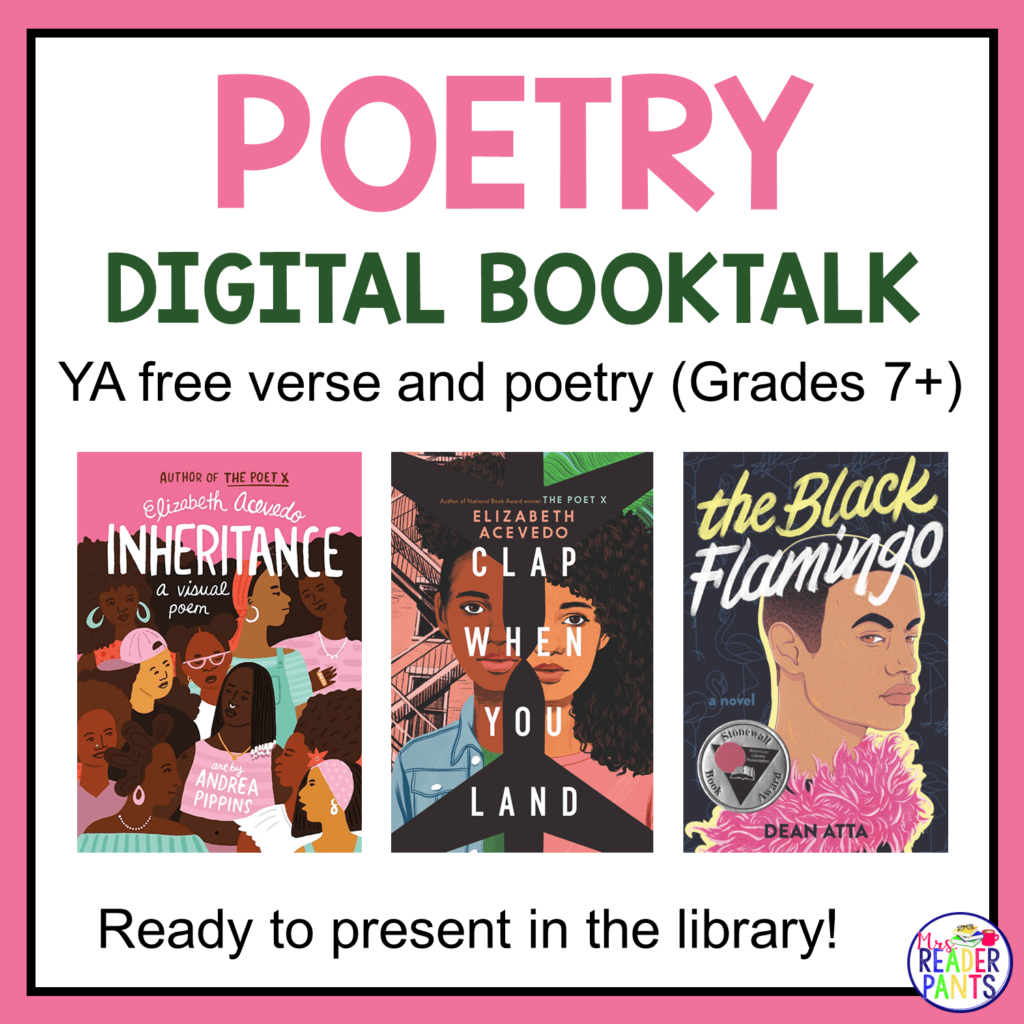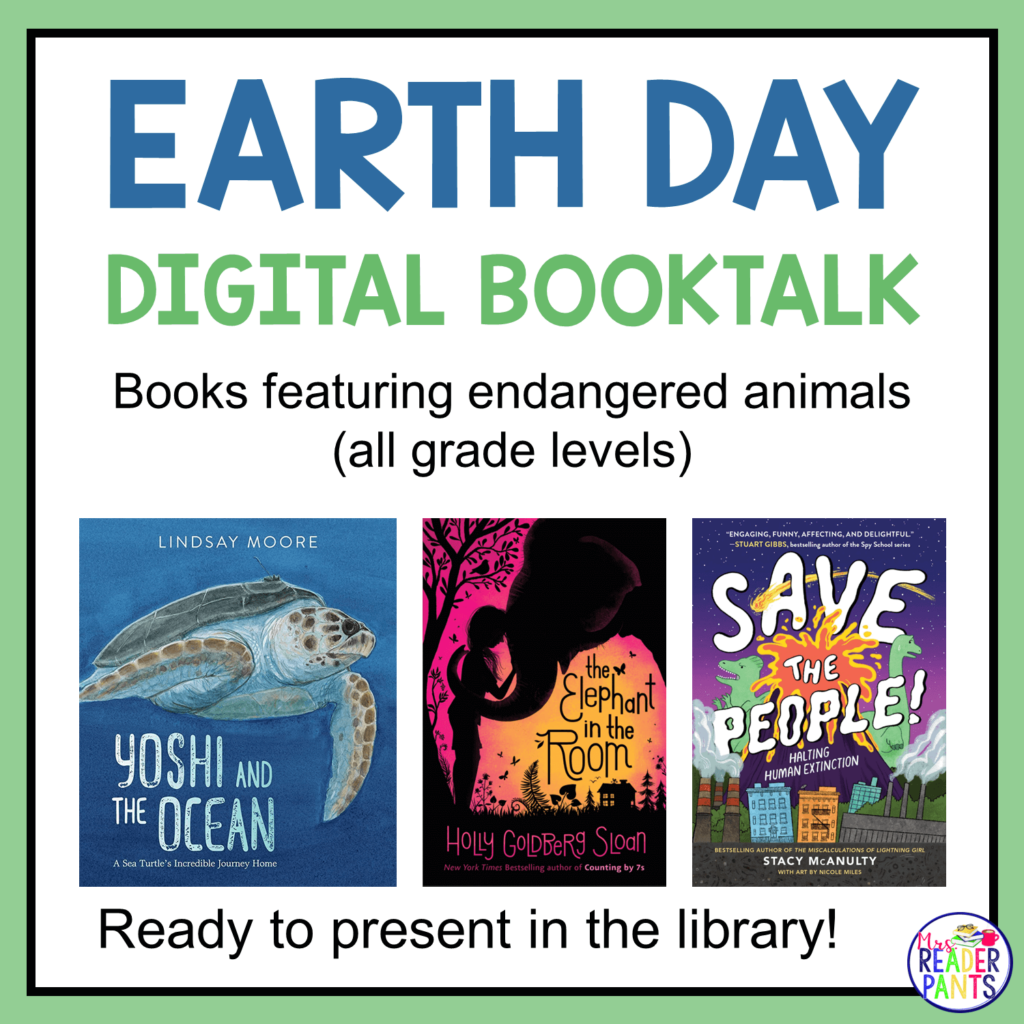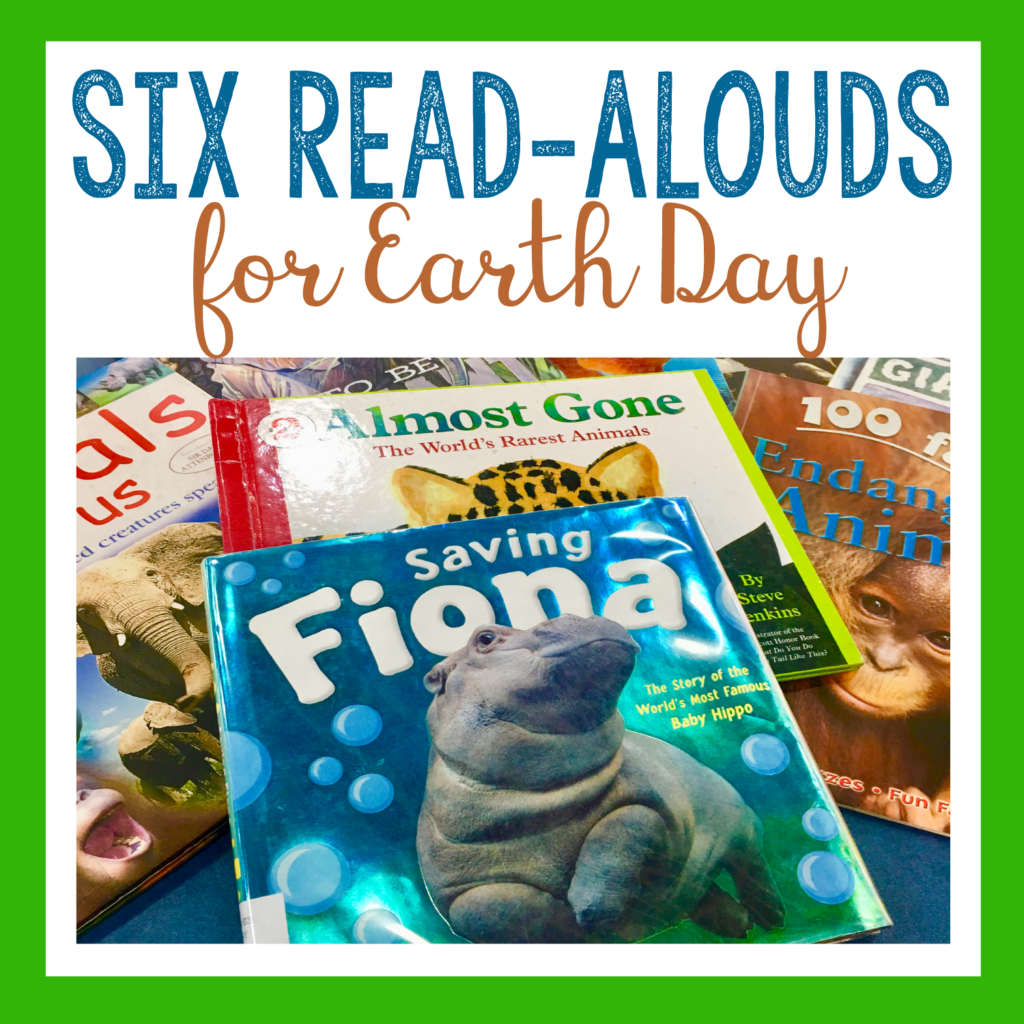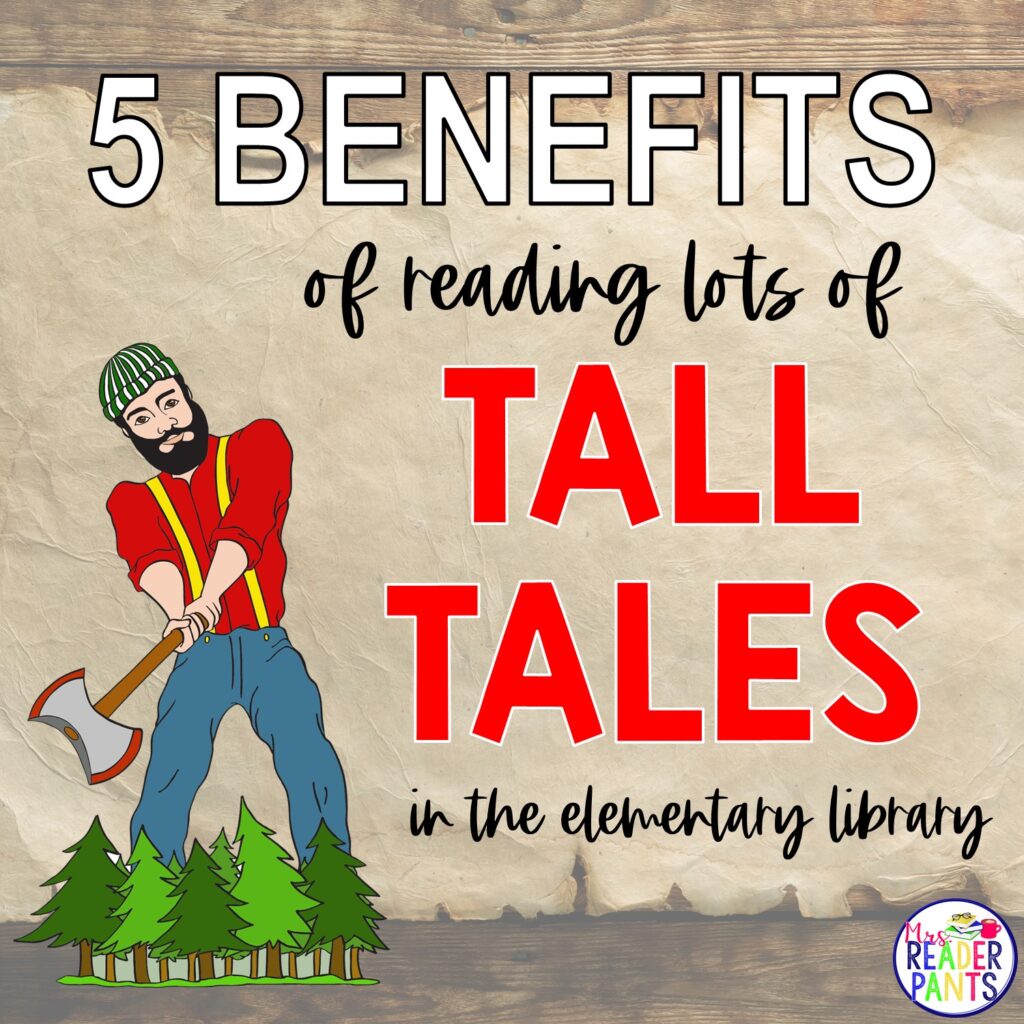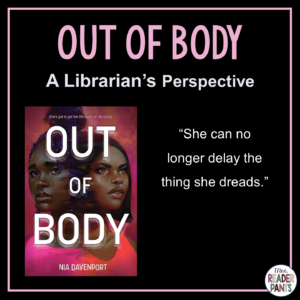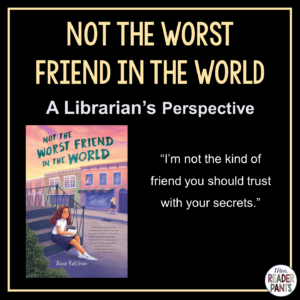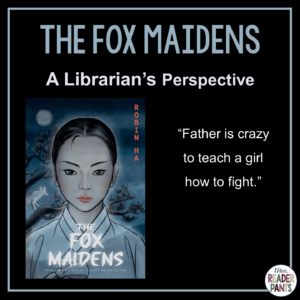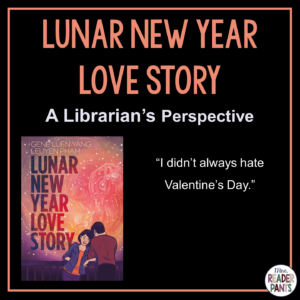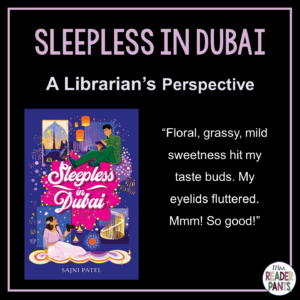You can’t read that.
When I was 13, some lady at work told my mom that the book I was reading, V.C. Andrews’ Flowers in the Attic, was–gasp!–about incest. I remember my mother, who had never minded my reading Stephen King in sixth grade and even bought me The Scarlet Letter in seventh, told me that she didn’t want me to read “those books.”
Thankfully, it was the only time she ever said that to me. She didn’t even pursue it beyond that one conversation. Despite her short-lived objection, I finished all four books in the series. In fact, I credit V.C. Andrews as the first author that got me so “into” a book that I could not put the book down. The “incest” (said in a whisper voice) isn’t even a huge part of the story; it’s there, but the series is so much more than the incest.
So my boys can read whatever interests them. If it is something I don’t like, we’ll have a conversation about it. Maybe we’ll read it together and discuss it. If they are anything like their mother, they’ll read it anyway, despite my objections. When my mother objected to Flowers in the Attic, I knew even then that she was not familiar enough with the series to judge it. How great would it have been if she had read it with me? It would have been something we could share together, and yes, even at age 13, I would have loved that.
So, I trust my boys to read controversial books, and I hope they trust me enough to include me in the conversation.
That book is too hard for you. Why don’t you pick something easier?
Because I would never want to make my boys feel stupid. If they want to read something above their reading level, I am happy to read it with them or help them. For nonfiction, children can still enjoy the captions and the pictures. I remember this blue shark book my Dad had when I was a kid. It had a photo of a great white shark on the cover. I seriously loved sitting in our big gold chair with that book. I could not have been much older than age 5 or 6. While I couldn’t read all the articles and big words, I was obsessed with the photographs of sea life. That book triggered an interest in marine biology and sharks (still an obsession!) from a very young age.
You are too old for storytime/bedtime stories.
You are never too old for storytime. When I taught seventh grade English, I read picture books and poetry out loud every chance I could. There are many picture books designed especially for older students. Plus, they really need to hear good readers reading aloud. And they enjoy it! Even at age 12 and 13, my seventh graders loved when I read picture books to them! As an adult in library school and later with my own children, I frequently attended public library story times. My purpose was to get new ideas and learn to craft better storytime lessons, but I always enjoyed them, too!
If you want a new book, you need to use your allowance.
True story that I’ll never forget: When I was in high school, I was browsing in bookstore at the mall. I remember hearing this boy who was maybe 9 or 10 asking his father if he had to use his allowance to buy books. The Dad told him he would “never have to use his allowance for books.” I still remember how he emphasized the word never, as though it was inconceivable that the boy would ever even think that. What a lucky boy! I knew then and there that when I became a mom, I would be the same as that dad.
I am happy to say that today, my boys are as lucky as that kid I saw at the bookstore that day. My boys know if we go to a bookstore, they get to pick out some new books.
I don’t have time to take you to the library.
We’re all busy; I get that. But public library visits are so important to a child’s relationship with reading and books. My Dad used to take me and my sister to the public library frequently, even during the week. We were allowed to get our library cards at age 6, and I still remember that being a red-letter day for me. I remember the day I ventured into the Adult section for the first time, around age 10. I remember discovering the magazines and newspapers section that my Dad seemed to like so much. I remember storytime and the dial-a-story and the little aquarium on the circulation desk. I know my Dad was busy. He worked full-time, just like everyone else. And I’m eternally grateful that my Dad made the time to take us to the library.
You are grounded from books.
Seriously?! I kid you not, I’ve had several parents of students in my school tell me this over the years. They say their child is being punished, and the “only thing” they love is reading. So therefore, they are grounded from reading. Just wow. Perhaps they should ground them from school, too. I guarantee, they are reading there. Probably in the evil library with that evil librarian who peddles all those evil graphic novels. I’d love to see the shock on these parents’ faces when they hear I pay my children to read!
Reading graphic novels is a waste of time.
Apparently nothing can be gained by reading words and pictures together. The ability to inference and read context clues–crucial to successful reading–are huge benefits of graphic novels. Like novels, graphic novels contain new vocabulary and story arcs and characters. I also know that if I eliminated my graphic novel section, my library would lose a LOT of readers, especially boys.
Graphic novels are fantastic for students learning English and reluctant/struggling readers. I also know many students who read “big” books and also enjoy reading graphic novels. And for some students, reading graphic novels leads to trying other genres as well. At least these students are in the library. At least they are choosing to read and actually enjoying it. You may not like graphic novels, but if your child does, I sincerely hope that you support his or her reading interests.
“Using Comics and Graphic Novels in the Classroom.” The Council Chronicle. National Council of Teachers of English (NCTE). 5 Sep 2007.
Reading a book is better than listening to an audiobook.
Back to my mom again. When I was a kid, my mom read to us out loud often. She read Pippi Longstocking, Black Beauty, The Black Stallion, and scores of picture books with us. But outside of studying for college courses (she got her BA when I was in high school), she never read much for fun.
Today, however, she reads almost as much as I do. Why did she go from someone who never read fiction to one who reads voraciously? She discovered audiobooks. Apparently, my mom is an auditory learner. This makes sense to me because I remember when she was studying for college courses, she would read her textbooks and notes into a tape recorder as a way to study. She learns best when she listens.
So who is anyone to judge whether she reads a book or listens to the audiobook? When we read the same book, she has as much insight on it as I do. She knows the same characters, the same scenes, the same conflicts. She recommends books to me, and I recommend them to her. Am I a better reader because I read the words and she heard them? Absolutely not.
I’ve tried listening to audiobooks–I can’t do it. I daydream and stop listening. I need to see the words because I learn visually. And she learns by hearing. We are reading and discussing the same books, either way.
Reading fiction does not prepare you for college.
Reading fiction activates a person’s imagination. It makes us a part of other human experiences. It allows us to understand people, resolve conflicts, learn social norms of a different society. It lets us get away, to daydream, to live as someone else for awhile. There’s always new vocabulary, new perspectives, new ways to understand and relate to people different from ourselves.
Success in college happens best when students fall in love with reading, especially at a young age. Nearly 100% of students graduating from my school go on to attend universities all over the world. Yet in my school library, 89% of all books circulated to students last year were FICTION titles. For most of us, fiction is simply more engaging, more personal, than nonfiction. Reading nonfiction helps us know more facts, which will come in handy in college. But it’s fiction that makes most readers fall in love with reading, a skill that is absolutely essential for success in college.
I hate reading.
If I said this to my kids, they would look at me like I was crazy. Or they would wait for the punchline. This blog and my job prove that I love reading and writing about it more than anything else.
But if I did really hate reading, I hope I’d never say that to my kids. I’m not a huge fan of math, but I don’t say that to my boys. I could go the rest of my life without cooking dinner or washing dirty socks. I’ve never been one for playing team sports. Yet despite my lack of love for these activities, my little one actually likes cooking. My older son plays his little heart out in soccer, football, and basketball (all team sports). Both of them love math. I would never diminish these things in their minds by saying that I hate them.

